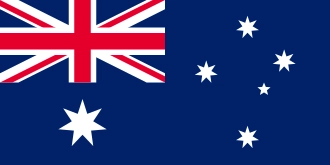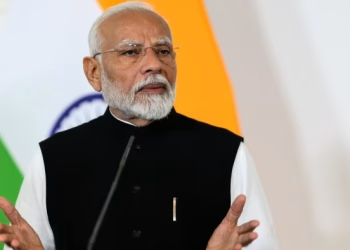Antananarivo — Madagascar’s President Andry Rajoelina has appointed Ruphin Fortunat Zafisambo as prime minister, a week after sacking his cabinet in the face of escalating nationwide protests over chronic electricity and water outages.
Zafisambo, drawn from the administrative corps, trained at the Antsirabe Military Academy in 1991 and later received advanced military instruction in France, according to French broadcaster RFI. His nomination comes as the government grapples with a third straight week of demonstrations, largely driven by students and Gen-Z activists angered by rolling blackouts, water scarcity and rising living costs.
Crowds returned to the streets again on Monday despite a heavy security presence. Police fired tear gas to disperse marchers trying to converge on central Antananarivo, while organizers renewed calls for Rajoelina to resign. Rights groups have urged restraint after previous clashes left multiple people injured and stoked public fury over what protesters describe as a crackdown on peaceful dissent.
Rajoelina, who dissolved his cabinet last week in a bid to defuse tensions, struck a defiant tone in a Saturday address, accusing political rivals of attempting to “overthrow” his government. He said he was “ready to listen” to citizens’ grievances but offered no indication he would step down. In a meeting with civil society leaders on Monday, the president ruled out seeking a third term, a move aimed at blunting opposition claims that the unrest is being fueled by fears of democratic backsliding.
The appointment of Zafisambo signals an attempt to quickly reconstitute the executive and restore a functioning chain of command as the protests persist. Analysts say his administrative and security background could help coordinate an emergency response to the utilities crisis—widely seen as the spark for the current unrest—while rebooting dialogue with youth leaders who have emerged as the movement’s driving force.
Opposition figures dismissed the shake-up as cosmetic, insisting only substantive fixes—stabilizing power generation, improving water distribution, and curbing inflation—will calm the streets. Business associations have warned that prolonged disruptions are weighing on commerce and tourism, sectors still recovering from recent economic shocks.
Zafisambo’s first tests will include assembling a cabinet with cross-party credibility, outlining concrete timelines for service improvements, and navigating a volatile public mood that has hardened after weeks of confrontation. Whether the new prime minister can translate a reset at the top into relief on the ground may determine if Madagascar’s political crisis eases—or deepens.





















